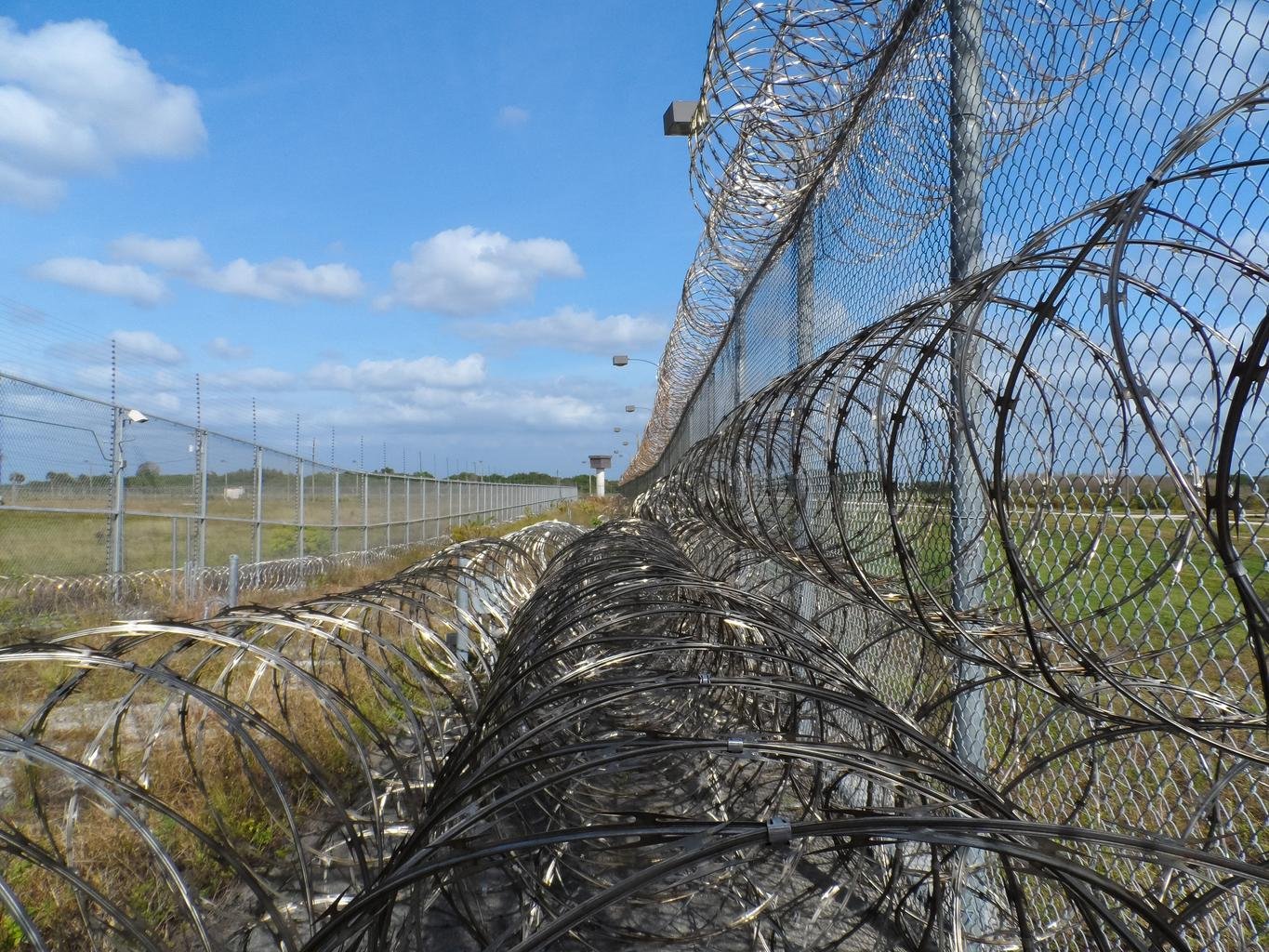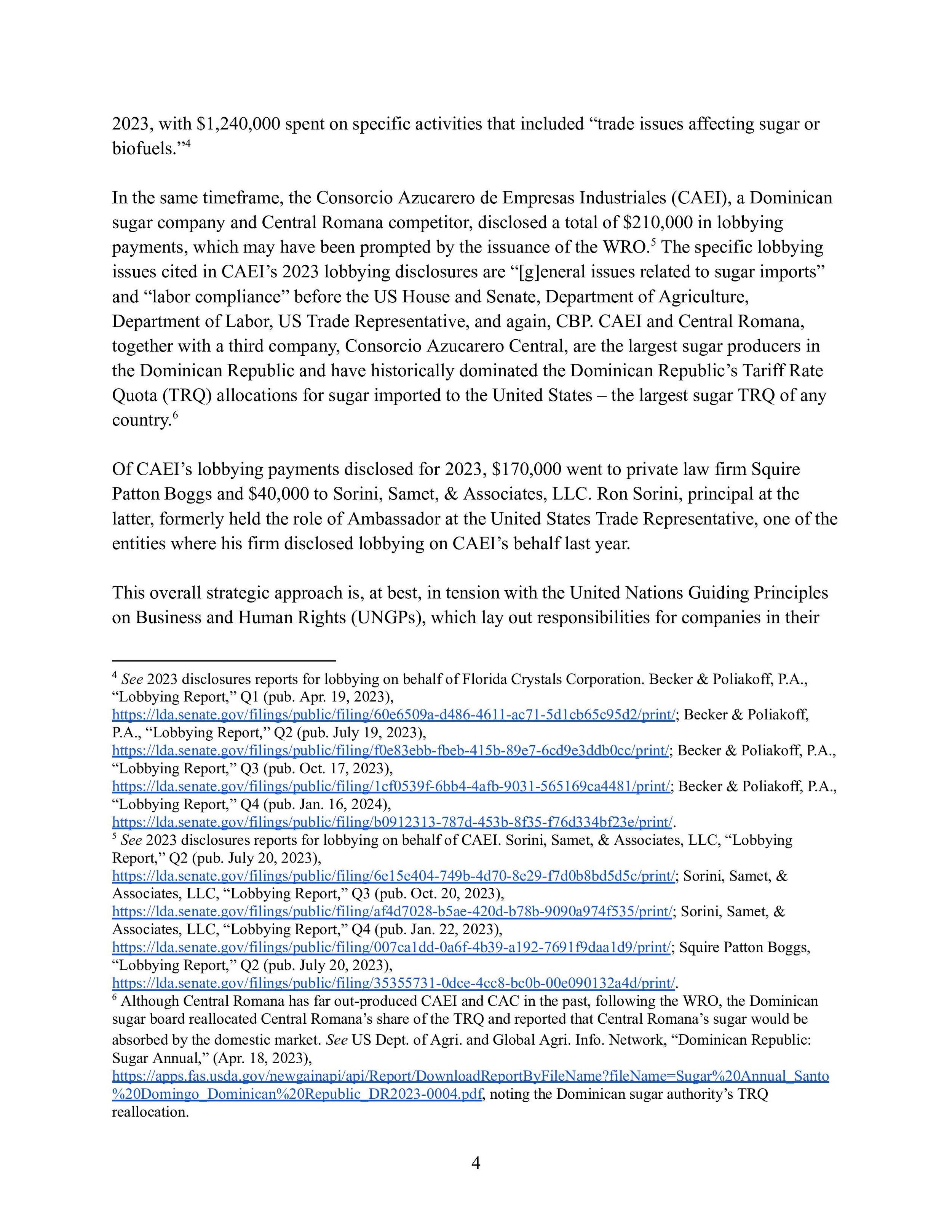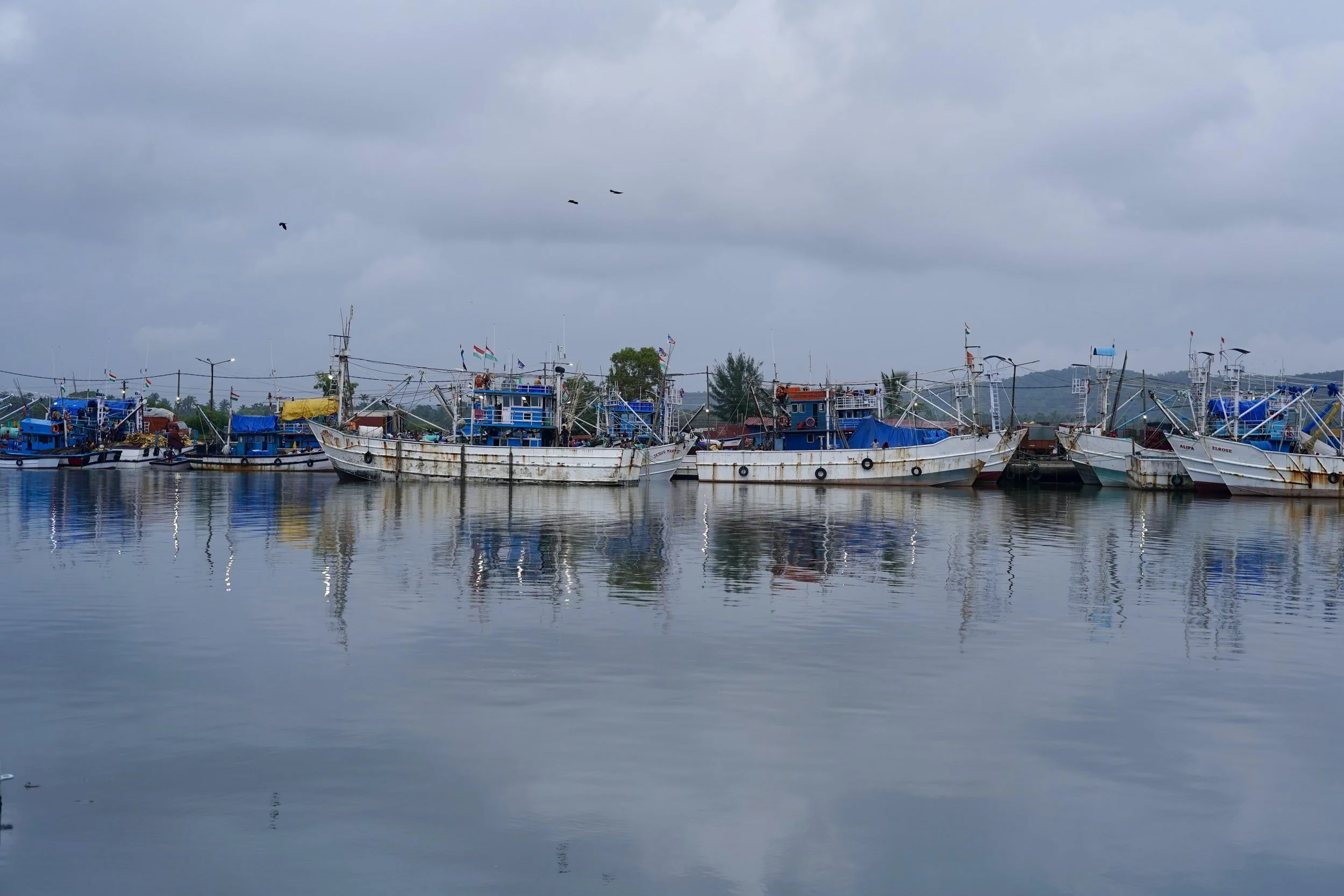On March 12, 2025, four Indonesian fishers filed suit in San Diego, California, against Bumble Bee Foods. They claimed they were victims of forced labor, human trafficking, and debt bondage in violation of the Trafficking Victims Protection Act (TVPRA). This case is the first human trafficking case brought against a U.S. seafood company for forced labor at sea.
30 FARMERS SUBMIT GRIEVANCE TO THE GHANA COCOA BOARD USING AGENCY’s GRIEVANCE AND REDRESS MECHANISM
Ghana is the second largest producer of cocoa in the world, home to over 800,000 smallholder farmers who make up about 60 percent of Ghana’s agricultural workforce. Despite the massive profits that global chocolate companies earn, poverty is pervasive in Ghana’s cocoa-growing communities. According to the 2022 Cocoa Barometer, an overwhelming majority of farmers and their families live in poverty: the average cocoa farmer earns between $0.40 and $0.45 USD per day, whereas the living wage in Ghana is estimated as of 2022 to be $13.5 USD per day. Meanwhile, chocolate companies have been making record profits despite the pandemic and global inflation.
Sweet Deals, Sour Outcomes: How Speculation and Commoditization Affect Cocoa Farmers
The problem with the cocoa commodity price spike is not the increased price. Cocoa should be priced higher! But more of that value needs to go to the farmers who grow it. Outside of the commoditized market that supplies bulk quantities of cocoa to corporations such as Nestlé and Mondelez, alternative supply chain models already exist. Some smaller “premium” chocolate companies contract directly with farmers, paying up to $12,000 per metric ton of cocoa. They pay the premium price to ensure a supply of beans that are harvested by ethical, well-compensated laborers on an environmentally sustainable farm.
Human Rights Hypocrite: prison-made goods can be exported from the US but not imported
The United States is both a world leader in the protection against forced labor – and one of the world’s most practiced and committed violators. This hypocrisy is due to an inherent contradiction in U.S. law: while it is illegal to import goods produced with forced or prison labor, it is not illegal to produce goods using prison labor or export goods produced in such a manner. This inconsistency means that incarcerated workers in the United States produce products that can – and likely are – exported to other countries, where they can be sold, perhaps even labeled as “Made in USA.”
Responses to CAL’s Groundbreaking Report on Abuses in the Indian Shrimp Sector
It has only been a few weeks since we published our report and already we are seeing shifts in the industry. In the coming months, we hope to see more improvements for workers and their communities. The first step towards change is acknowledging the problem. The attention on the industry and the acknowledgement from many U.S. retailers and distributors that they need to look into their supply chains, is a beginning. As we move forward, it is imperative that companies – both U.S. and Indian – do more than make appropriate statements. They must implement changes to upend the prevailing pattern of abuse.
CAL se une a 35 organizaciones que firman una carta a CBP, destacando el fracaso de Central Romana para remediar el trabajo forzoso
CAL Joins 35 Organizations signing open letter to CBP highlighting Central Romana’s failure to remediate forced labor
Un año desde la prohibición del azúcar del Central Romana en mercado EEUU por trabajo forzoso
Durante los 365 días desde que se bloqueó la entrada de su azúcar a los Estados Unidos por trabajo forzoso, el Central Romana ha optado por implementar sólo cambios superficiales para los cañeros y utilizar estrategias políticas en un aparente intento de hacer desaparecer la WRO.
One year since Central Romana sugar banned from US market for forced labor
Over the 365 days since its sugar was blocked from entering the United States, Central Romana has chosen to implement only superficial changes for workers while pulling political strings in an apparent effort to make the import ban disappear.
Universal Jurisdiction: Complaint on Uyghur Genocide Submitted to Argentine Court
Lawyers acting for the Uyghur Human Rights Project (UHRP) and the World Uygur Congress (WUC) filed a criminal complaint in Buenos Aires for genocide and crimes against humanity committed against Uyghurs and other Turkic people. If Argentine officials hear the case, it will be the first time that evidence of the genocide happening in northwest China has appeared before a court.
Major tuna company sued for claiming sustainability while likely relying on forced labor
GLJ-ILRF is suing Bumble Bee under the District of Columbia Consumer Protection Procedures Act (CPPA) on behalf of itself and the general public, in the interest of Bumble Bee consumers in Washington, D.C. GLJ-ILRF, which is represented by Richman Law & Policy, seeks a declaration from the court that Bumble Bee’s practices violate the CPPA and an injunction to prohibit the company from continuing to engage in misleading advertising.
GLJ-ILRF’s claims that Bumble Bee has engaged in false and deceptive marketing are based on the company’s representations about a “fair and safe supply chain,” including that it is “best-in-class” for worker safety standards and “champion[s] sustainable fishing,” despite substantial evidence of forced labor and worker safety violations.
No More Safe Harbors: The International Need for Import Prohibitions on the Products of Forced Labor
Across the globe, an estimated 25 million people work in conditions of forced labor. In many of these cases, the private companies that supply the cotton, cocoa, and coffee we use every day directly benefit by producing and buying goods at lower costs.
Legal prohibitions on importing goods produced with forced and prison labor authorize customs and border officials to block goods from entering major markets, a strong incentive for companies to clean up their supply chains. Import prohibitions can fundamentally challenge companies’ profit models and thus their behavior: with the ability to sell goods in a country at risk, a company’s incentive to cut costs by using forced and prison labor drops drastically.





























